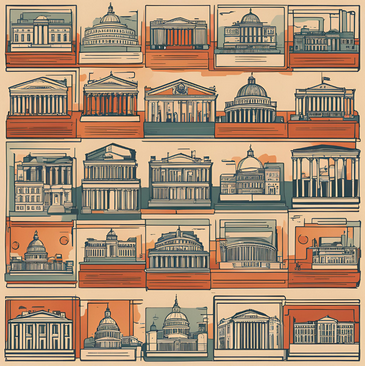CLARION Project
The Civic Literacy, Action, and Reasoning in Online Networks (CLARION) project is a collaboration between the Departments of Teacher Education and Child and Adolescent Development at the SJSU Lurie College of Education to create new models of civic education that respond to the changing needs of our democratic society.
We work with youth, educators and community partners to design curricula and create learning environments that put youth voices at the center and support them to become informed, empowered and ethical advocates for their communities. We begin with students' lived experiences and ask how they can use social media and digital tools to learn about, discuss, and work to address the problems we face.





